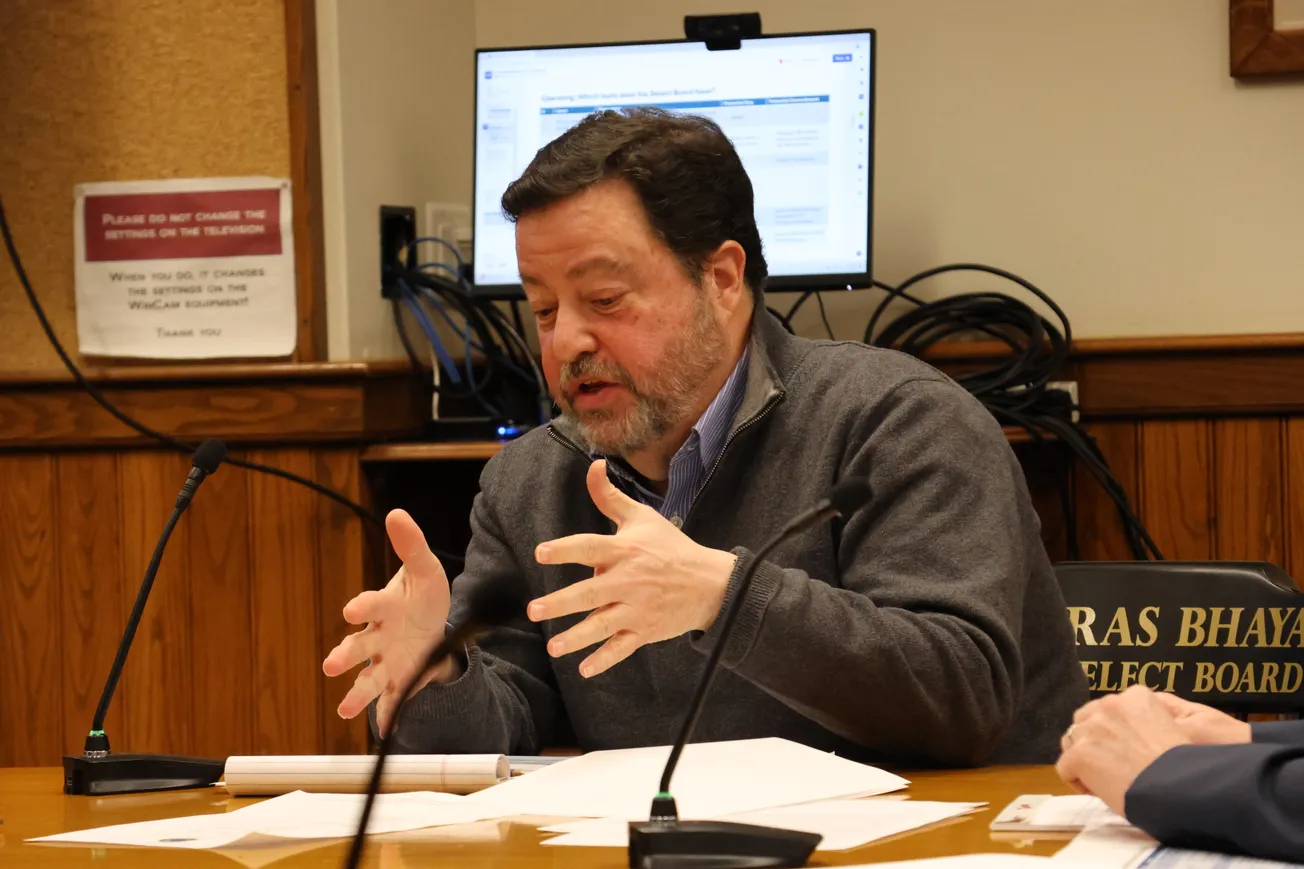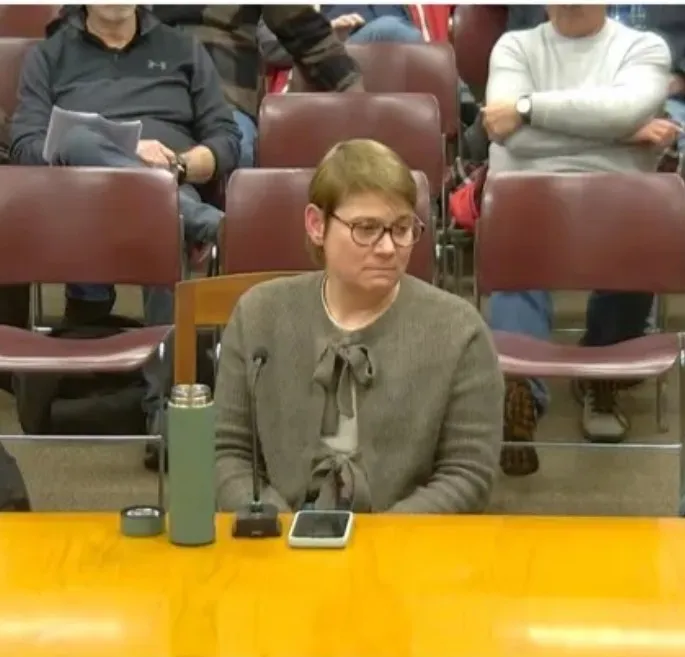Table of Contents
The following was submitted by the Office of Rep. Michael S. Day:
Rep. Michael S. Day worked with his colleagues in the Massachusetts House of Representatives to pass a comprehensive set of reforms to the Commonwealth’s cannabis laws that would make changes to the governance structure and of the Cannabis Control Commission (CCC) and allow for the continued responsible growth of the Massachusetts cannabis industry.
“This legislation underscores the Legislature’s continued commitment to the equity and growth of the cannabis industry that supports our economy and ensures that Massachusetts maintains the highest safety and regulatory standards in the country,” said Day. “I am grateful that many of the provisions I suggested are included in the restructuring of the Cannabis Control Commission and that we make other important changes impacting the cannabis market.”
The sale of cannabis in Massachusetts in 2024 generated $272 million in state tax revenue. This stream of revenue continues to bolster the Commonwealth’s economy by funding public services, infrastructure projects, education initiatives and local aid. The cannabis industry also supports thousands of jobs contributing to small business growth and revitalizing commercial spaces.
One of Day’s amendments to the bill requires that out-of-state testing laboratories submit to the jurisdiction of the CCC in Massachusetts , as well as earn certification from the international organization for standardization and the lab’s own in-state certification process.
The adoption of that amendment is designed to provide Massachusetts oversight of out-of-state product safety testing and to provide Massachusetts labs with a fair space in the industry for competition.
The bill restructures the CCC, which implements and administers cannabis laws, to increase accountability to the people of Massachusetts. It would provide the governor with the appointing authority of the CCC and revise the number of commissioners from five commissioners to three.
The bill also clarifies the roles of the Chair and the Executive Director (ED) by defining the Chair as the administrative head of the agency and having the ED report directly to the Chair.
The bill maintains the CCC’s policy transparency by keeping “for cause” removal protections. It requires the CCC to maintain an online portal for the submission of anonymous complaints for suspected violations by licensees, to prepare a new report on public health and to review its current testing and workplace safety regulations to ensure that they reflect the most up-to-date standards.
This bill also increases the cap on the number of retail licenses an individual or business may hold from three to six, with a phased rollout to prevent market consolidation. Licensees would be limited to four retail licenses during the first two years after the law takes effect, and five licenses during the three years following the effective date, before reaching the full cap of six.
The bill also requires the CCC to provide priority consideration for Social Equity Businesses, Minority Business Enterprises, Woman Business Enterprises and Veteran Business Enterprises when issuing licenses.
The bill requires the CCC to conduct an audit of all marijuana establishments and medical marijuana establishments to ensure compliance with cap limitations. Current law requires licensed medical marijuana businesses to be vertically integrated, which means they must cultivate, manufacture and sell medical marijuana all under a single license.
This bill grants the CCC the authority to create additional license types for medical marijuana businesses without requiring full vertical integration.
The bill increases the purchase and possession limit from one to two ounces of marijuana and directs the CCC to establish an equivalent possession limit across product types. It also increases the possession limit that results in a civil penalty or drug awareness programming for those under 21 from two ounces to three ounces.
The bill used a different bill originally sponsored by Day as a model to establish clear oversight for the importation, manufacture, and sale of two federally legal hemp products: hemp beverages and consumable CBD products.
Both must be registered with the Cannabis Control Commission (CCC), which will create regulations aligned with those for marijuana, including a ban on synthetic cannabinoids.
The bill provides that products be made from natural concentrate that meets federal hemp potency limits. It also allows for the sale of hemp beverages in licensed recreational marijuana stores as well as in retail stores that are currently licensed to sell alcohol, and places oversight and management of those sales under the authority of the state’s existing Alcohol Beverages Control Commission (ABCC).
“The federal government currently allows for the sale of hemp-based beverages, but this industry was unregulated and was resulting in the legal sale of dangerous products,” continued Day. “The provisions in this bill will provide clear guidance about the potency, quality and safety of hemp-based beverages and empower the ABCC, which has experience in overseeing the sale of intoxicating beverages, to further regulate these drinks. We are shutting down the current wild west state of hemp beverage sales and providing for a well-regulated industry with clear rules and regulations for all.”
The bill passed the House of Representatives 153-0. It now moves to the Senate for that chamber’s consideration and action.






